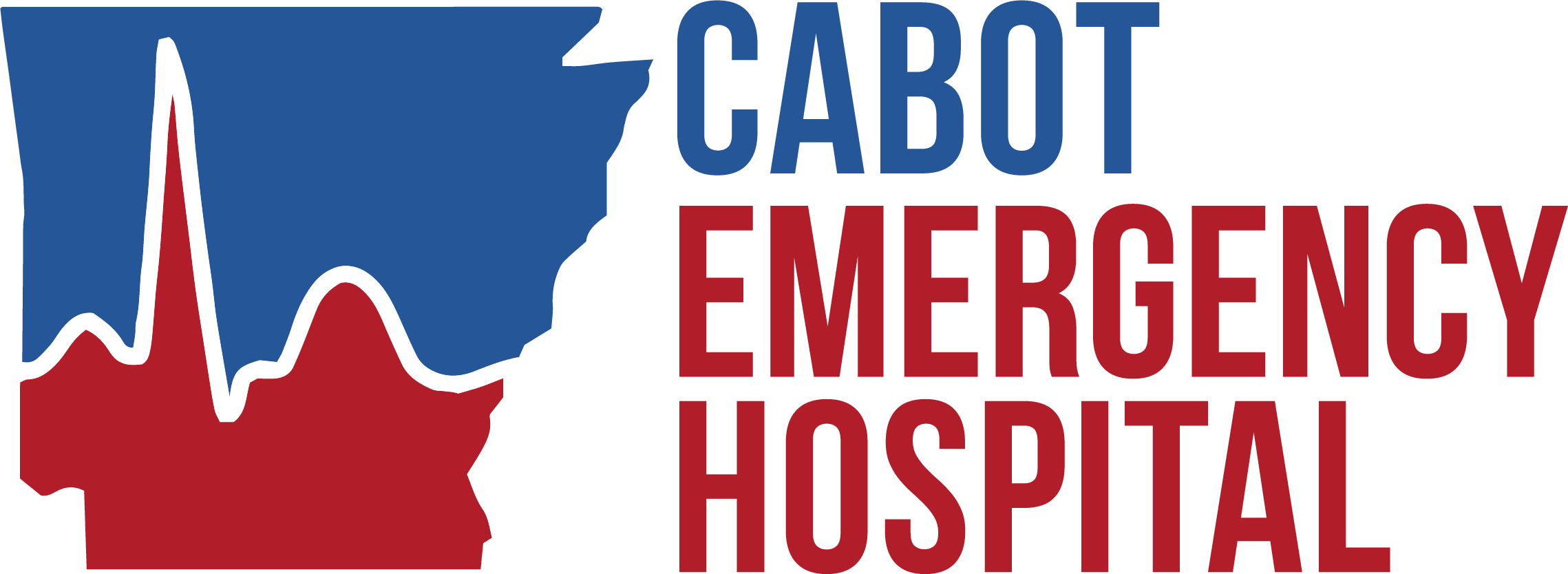Recognize Key Signs of Breast Cancer Beyond a Lump to Improve Early Detection
Many people associate a lump with breast cancer as the primary symptom, but it’s essential to understand that it is not the only indicator—and may not even be the most common one.
What Does Breast Cancer Look Like?
Reports show that 93% of adults associate a lump in the breast with breast cancer. Shockingly, most people diagnosed with breast cancer never feel or see a lump in or on their breast. Also, a lump in the breast does not always mean breast cancer; many lumps are not cancerous.
It can be a dangerous conclusion to believe that a lump is the only sign of breast cancer, and therefore, no lump means perfect health. Early detection of breast cancer has contributed to a 39% decline in breast cancer deaths in women from 1992 to 2020. That is a great step forward in the fight against cancer, however, many other symptoms that also indicate breast cancer often go unmentioned.
Breast cancer symptoms vary significantly from person to person. Some individuals may experience multiple signs, while others may show no symptoms at all. Any abnormal changes in the breast should be taken seriously. Common appearance indicators of breast cancer include redness, swelling, an orange-peel texture, and dimpling of the breast skin.
3 Signs of Breast Cancer Beyond a Lump
1. Nipple Discharge
Nipple Secretion or discharge may be considered normal at certain stages in life, such as pre-menstruation or pregnancy. However, if the discharge is unusual, such as coming from only one breast or bloody, it could be a sign of a deeper issue.
2. Change in Breast Appearance
Although no two breasts are identical, sudden changes in size, shape, or skin texture, along with abnormal sensations like pain, could signal an underlying issue.
3. Changes in the Nipple Appearance
If nipple inversion or retraction occurs and is not a condition you’ve had since your youth or one that runs in your family, it may be cause for concern.
Understanding the Importance of Self-Exams and Screenings
Getting to know your breasts will help you recognize anything unusual. Breast self-exams are important as they allow women to become familiar with their breasts, making it easier to identify potential issues, including lumps. Paying attention to the feeling, texture, and appearance is all key to catching abnormalities early.
Performing breast self-exams shouldn’t be an overwhelming task. Remember, you’re not a medical professional, and distinguishing between normal breast tissue and cancerous lumps can be challenging. Self-exams allow you to catch potential signs early, consult your doctor, and advocate for the care you deserve.
Learn how to perform a self-breast exam.
In addition to self-exams, breast cancer screenings are vital for early detection. These screenings are typically based on your age and individual risk factors for breast cancer and may include clinical exams, mammograms, ultrasounds, and other imaging techniques. Early detection has the potential to save lives, so it’s important to remain proactive about your breast health.
We’re Here for You!
At Cabot Emergency Hospital, our expert physicians are dedicated to providing rapid, compassionate care for all medical emergencies, no matter the illness or injury. For those facing breast cancer or taking proactive steps for prevention, we are committed to delivering the highest level of care, ensuring you receive the attention you need during critical moments. Our state-of-the-art facility features 24/7 imaging and laboratory services, essential for accurate and effective monitoring.
October is Breast Cancer Awareness Month, a timely reminder for everyone—both women and men—to stay vigilant about their health. Recognizing symptoms, understanding when to get screened, and knowing the facts are crucial for improving health outcomes. If you or a loved one requires emergency care, Cabot Emergency Hospital is here to support you.
Disclaimer: As a service to our readers, Cabot Emergency Hospital and Nutex Health state no content on this site, regardless of date, should ever be used as a substitute for direct medical advice from your doctor or other qualified clinician.





Comments are closed